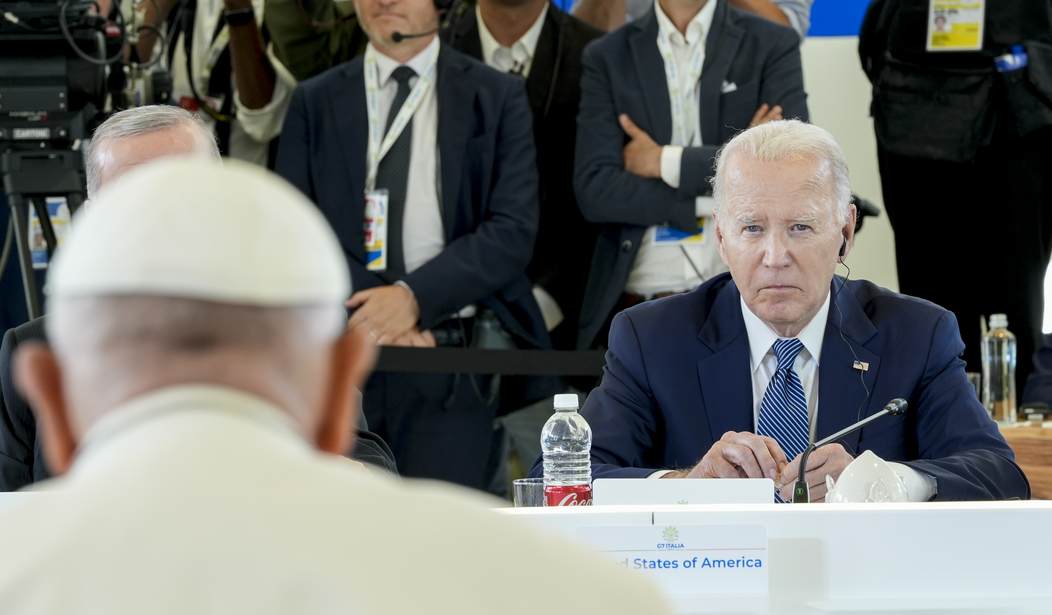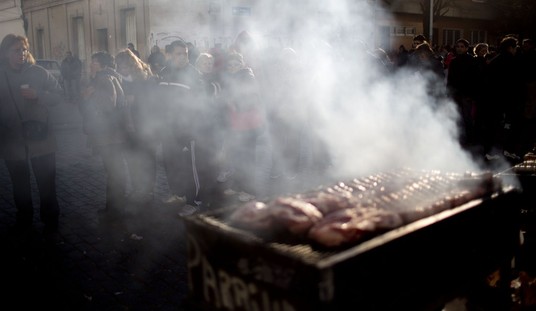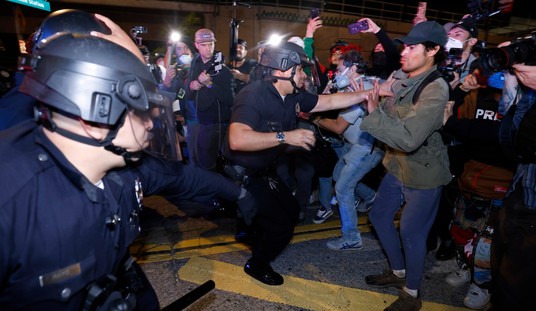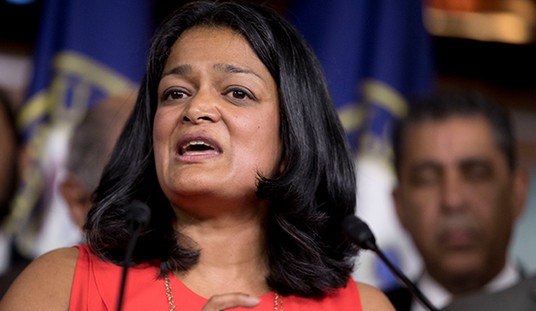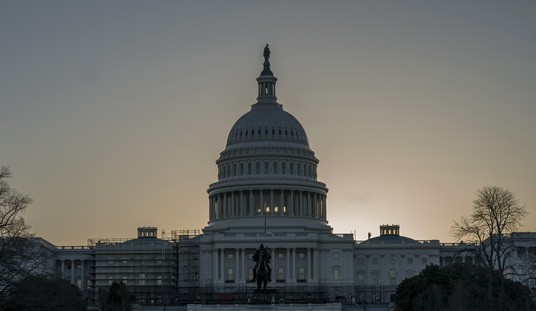President Joe Biden’s recent decision to commute the death sentences of 37 federal inmates has sparked criticism from many conservatives. His decision to leave the death sentences of three others intact has only further muddied the moral clarity of the issue. In part, Biden stated that he was "guided by his conscience" in making these commutations.
This decision comes amid ongoing calls from Pope Francis, who in his Dec. 8 weekly address, urged that the lives of death row inmates in the United States be spared.
The Pope said:
Let us pray for their sentence to be commuted, change. Let us think of these brothers and sisters of ours and ask the Lord to save them from death.
Just days before Biden’s announcement, he spoke with Pope Francis on Dec. 19, and the two are reportedly set to meet in January at the Vatican before Biden leaves office.
Personal Reflection
As an Irish-Catholic, like Biden, I found this announcement disheartening. I realized Biden's first-and-only "Catholic act" would not resonate with the greater public, and in that way, it failed to embody the moral leadership his term has so desperately lacked.
It was a moral position that I immediately understood, rooted in one of my favorite teachings of the Catholic Church: the intrinsic dignity of every human life. This is the same doctrine that inspires the Catholic community’s firm pro-life stance on abortion.
However, Biden’s selective application of this principle—commuting most sentences but leaving three inmates’ death penalties intact—undermines the sincerity of this decision. It contradicts the doctrine underpinning his rationale.
His single Catholic act was decidedly not-Catholic.
The Catholic Church’s Teaching on the Death Penalty
The Catholic Church’s opposition to the death penalty has evolved significantly over time. For centuries, the Church did not categorically condemn capital punishment, instead viewing it as permissible under certain circumstances. This perspective shifted under Pope John Paul II, who, in his 1995 encyclical Evangelium Vitae (The Gospel of Life), emphasized that cases necessitating the death penalty were “very rare, if not practically nonexistent.”
Pope Benedict XVI continued this trend, urging societies to work toward its abolition. Finally, in 2018, Pope Francis revised the Catechism of the Catholic Church to declare the death penalty “inadmissible” in all cases, calling it "an attack on the inviolability and dignity of the person."
This teaching challenges Catholics to oppose capital punishment unequivocally, regardless of the nature of the crime. As part of the Church’s commitment to fostering a culture of life, the revision also committed the Catholic Church to work to abolish the death penalty worldwide.
A Double Standard
Given this doctrinal foundation, Biden’s decision to commute most federal death sentences initially seemed like a bold, if controversial, act of faith. The United States is one of the few Western democracies that still retains capital punishment, and the Catholic Church’s position is often misunderstood or dismissed in a political context.
I could appreciate the courage it took for Biden to make this move as a Catholic, knowing it would not resonate with many Americans. Yet, any goodwill I might have extended evaporated when I learned that Biden excluded three inmates from this act of clemency—purportedly because their crimes were "hate-motivated mass murder” or “terrorism.”
Read More:
'Abhorrent Decision': Trump Team Responds to Biden's Death Row Commutations
The Irony of a Catholic President: Biden’s Departure and Trump’s Embrace of Catholic Influence
The Crimes That Challenged Biden's Clemency
The crimes of these three inmates are undoubtedly heinous. For example, one of them is Dylann Roof, who killed nine black churchgoers in Charleston, South Carolina, in 2015. Another is Robert Bowers, who murdered 11 worshippers at Pittsburgh’s Tree of Life synagogue in 2018. Biden also left the sentence intact for the Boston Marathon bomber, Dzhokhar Tsarnaev, who killed 3 and wounded hundreds of other spectators in 2013.
These horrific acts are abhorrent and have left indelible scars on the victims’ families and communities.
Yet, the Catholic doctrine on the death penalty does not hinge on the nature or motivation of the crime. It is a universal principle grounded in the belief that every human life has inherent value, even—perhaps especially—the lives of those who have committed the gravest sins.
Moral Confusion and the Pro-Life Paradox
By selectively commuting sentences based on the perceived moral gravity of the crimes, Biden reveals an inconsistency that undermines the Catholic basis for his decision. If his actions were genuinely driven by Catholic teaching, they would apply universally, not selectively.
The Church’s teaching does not permit exceptions for crimes deemed particularly egregious or hateful. This selective approach suggests that Biden’s actions may be more about advancing a particular vision of criminal justice reform than adhering to a deeply-held religious conviction.
This suspicion is reinforced by Biden’s political stance on life issues. As president, he has consistently supported policies that expand access to abortion, a position that places him in direct conflict with the Church’s pro-life teachings. This contradiction leads to questioning the authenticity of Biden’s faith-based justifications for his acts of clemency. When viewed alongside these other contradictions, the death penalty commutations lose their moral credibility.
If Biden’s commitment to the dignity of human life is not comprehensive, then his decision to commute death sentences cannot be seen as a sincere expression of Catholic doctrine.
The Final Verdict: Was Biden's Clemency Truly Guided by Catholic Doctrine?
Biden’s decision risks further polarizing the already contentious debate over capital punishment. By framing the commutations as a partial measure, he invites criticism from both sides of the issue. Opponents of the death penalty may view his selective clemency as insufficient, while its supporters will likely see it as arbitrary and inconsistent. This lack of coherence diminishes the moral authority of his decision and undermines the Vatican's efforts to build a broader consensus against capital punishment.
In his statement, Biden used the language of criminal justice reform, writing:
I’ve dedicated my career to reducing violent crime and ensuring a fair and effective justice system.
(Fact Check: not true, see 1994 crime bill)
This language suggests that these commutations may be more about advancing a specific vision of criminal justice than upholding the intrinsic dignity of every human life as the Catholic Church teaches.
As a Catholic observer, I was initially willing to concede that Biden’s actions represented a sincere, albeit controversial, application of faith. But the selective nature of his commutations, coupled with his other policy inconsistencies, namely abortion, suggests otherwise. If Biden truly wishes to act in accordance with Catholic teaching on the dignity of human life, he must apply these principles universally and consistently.
Anything less risks reducing profound moral truths to political calculations.

